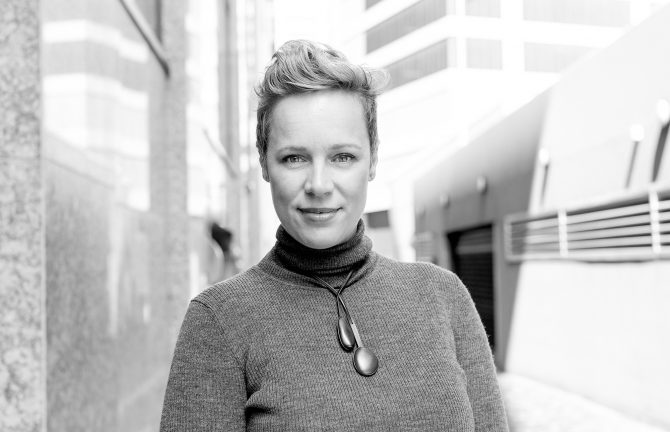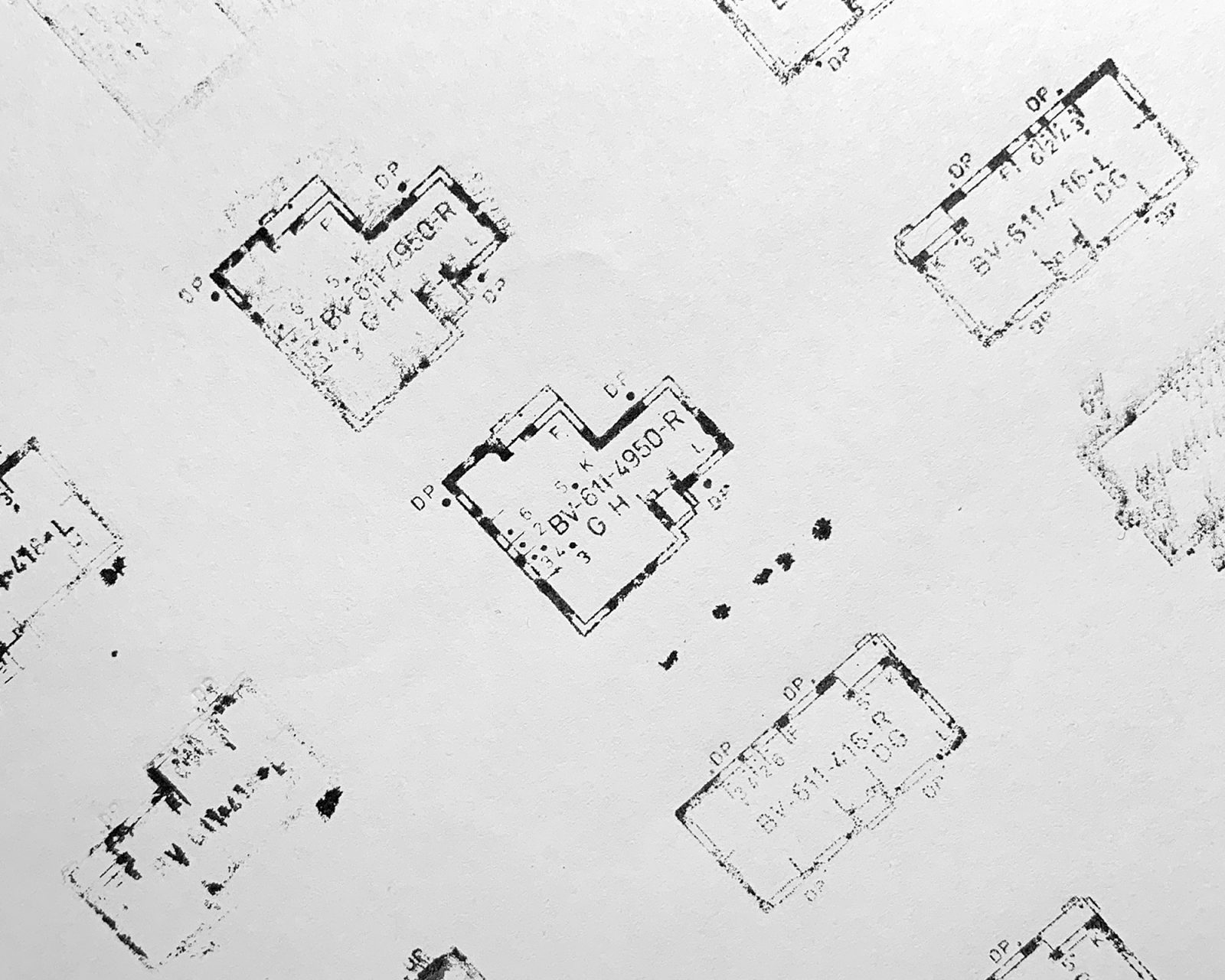
MTalks
Future Homes: Speculations on Melbourne’s Future
MPavilion
Free!
This event is now complete. If you want to revisit the talk, visit our Library, or subscribe to the MPavilion podcast via iTunes, Pocketcasts, Stitcher, Spotify, or wherever else you get your podcasts.

Melbourne is proudly Australia’s ‘most liveable city’ – but how can we best accommodate a doubling of the population without doubling the footprint of the city?
Join a wide-ranging discussion exploring how we can face Melbourne’s housing challenges as we grow to Australia’s biggest city. Andrew Mackenzie will lead a range of experts from urban design, transport, economic, academic and government perspectives to explore the future challenges across these areas. Wild speculation, utopian visions and practical solutions are all welcome as we ask what do we need to consider now to ensure future Melbourne is an equitable, delightful place?
The discussion will be introduced with the announcement of the Future Homes Competition. Run by the Department of Environment, Land, Water and Planning (DELWP) and the Office of the Victorian Government Architect (OVGA), the design competition calls on the best architects to produce exemplar apartment designs to support better developments in Melbourne’s suburbs. To keep Melbourne as one of the most liveable places in the world, we need to ensure future apartment designs are world-leading in design, sustainability and liveability, and provide high quality homes for families.
Read more about the competition here.
This event is supported by MPavilion’s principal partner RACV.






